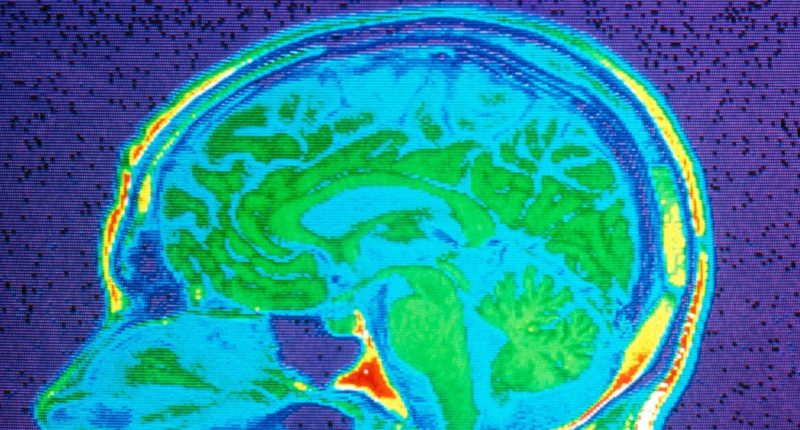Share this @internewscast.com
Researchers at the University of Michigan have made a groundbreaking discovery about the connection between heart problems and rapid cognitive decline, a finding that could have far-reaching implications for the 944,000 people living with dementia in the UK.
In a major study involving 29,614 US adults, experts examined the cognitive effects of heart failure, scrutinizing three key areas: global cognition, memory, and executive function – which encompasses problem-solving, planning, and goal-setting skills. Alarmingly, the data showed that individuals diagnosed with heart failure experienced a sudden and significant decline in their cognitive abilities.
Both global cognition and executive function continued to deteriorate rapidly in the years following diagnosis. Researchers calculated that heart failure accelerates aging by a staggering 10 years within just seven years of onset.
As Clinical Assistant Professor Supriya Shore, lead author of the study, explained: “Heart failure is a disease that never goes away and treating it relies heavily on a patient’s ability to follow specific instructions, monitor their symptoms and keep up with many different medications.
“Seeing this cognitive decline among patients, and how it worsens over time after a diagnosis of heart failure, should be a warning for providers to assess a patient’s cognitive ability early and factor it into the care plan.”
Experts are urging healthcare providers to assess patients’ brain function early after a heart failure diagnosis, after a new study revealed the devastating impact of the condition on cognitive decline, reports the Mirror.
Researchers in the US found that older adults, white participants, and women experienced the most significant decline in cognitive function, with heart failure patients reaching the threshold for meaningful decline almost six years earlier than those without the condition.
“Regular cognitive monitoring of older adults with heart failure would help identify individuals with the earliest signs of cognitive decline who require supportive care,” senior author Professor Deborah Levine added. “We need a better understanding of the mechanisms driving accelerated cognitive decline after heart failure to develop interventions that halt or slow the decline.”
Heart failure occurs when the heart is unable to pump enough blood around the body, often due to weakening or stiffening of the heart. While it is usually incurable and worsens over time, symptoms can be managed with medication and lifestyle changes.
Amidst a surge of studies highlighting the connection between diet and cognitive deterioration, alarming new research has raised concerns about the impact of high-fat, high-sugar diets on the brain’s hippocampus – a critical area for memory and navigation, often first hit by Alzheimer’s disease.
Dr Dominic Tran from the University of Sydney warns: “We’ve long known eating too much refined sugar and saturated fat brings the risk of obesity, metabolic and cardiovascular disease, and certain cancers.
“We also know these unhealthy eating habits hasten the onset of age-related cognitive decline in middle age and older adults. This research gives us evidence that diet is important for brain health in early adulthood, a period when cognitive function is usually intact.”
Dementia is an umbrella term describing several conditions related to the ongoing decline of the brain. During its onset, common symptoms may include:
- Difficulty concentrating
- Finding it hard to carry out familiar daily tasks, such as getting confused over the correct change when shopping
- Memory loss
- Struggling to follow a conversation or find the right word
- Being confused about time and place
- Mood changes
The NHS encourages anyone experiencing these symptoms to seek medical advice.















